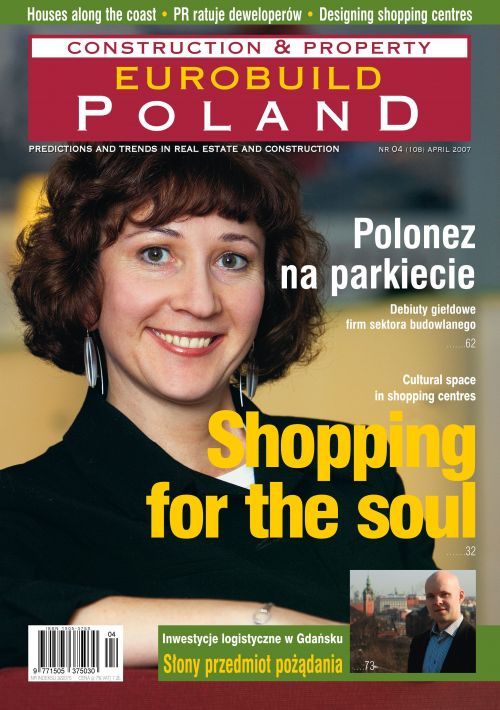Logistics investments have finally come to Gdańsk. The location had been avoided like the plague by warehouse developers, but is now beginning to attract them at lastGdańsk has only been able to look on enviously as the modern warehouse market grew rapidly in Poznań, Wrocław and, recently, in Łódź. But the situation may soon change with Gdańsk having an opportunity to grow into a logistics Mecca – at least so claim the city authorities. According to Alan Aleksandrowicz, the mayor of Gdańsk’s authorized deputy for serving businesses: “The city boasts excellent pre-war warehousing traditions, which have been pushed into the background in recent years. But I feel sure we will soon no longer envy Wielkopolska, Silesia and Łódź, since an increasing number of modern warehouses are being developed in the Gdańsk conurbation, for example by LPP, DHL and the Polish Post Office. Investors are also showing an increasing interest in developing projects for leasing.Kokoszki gets




























































